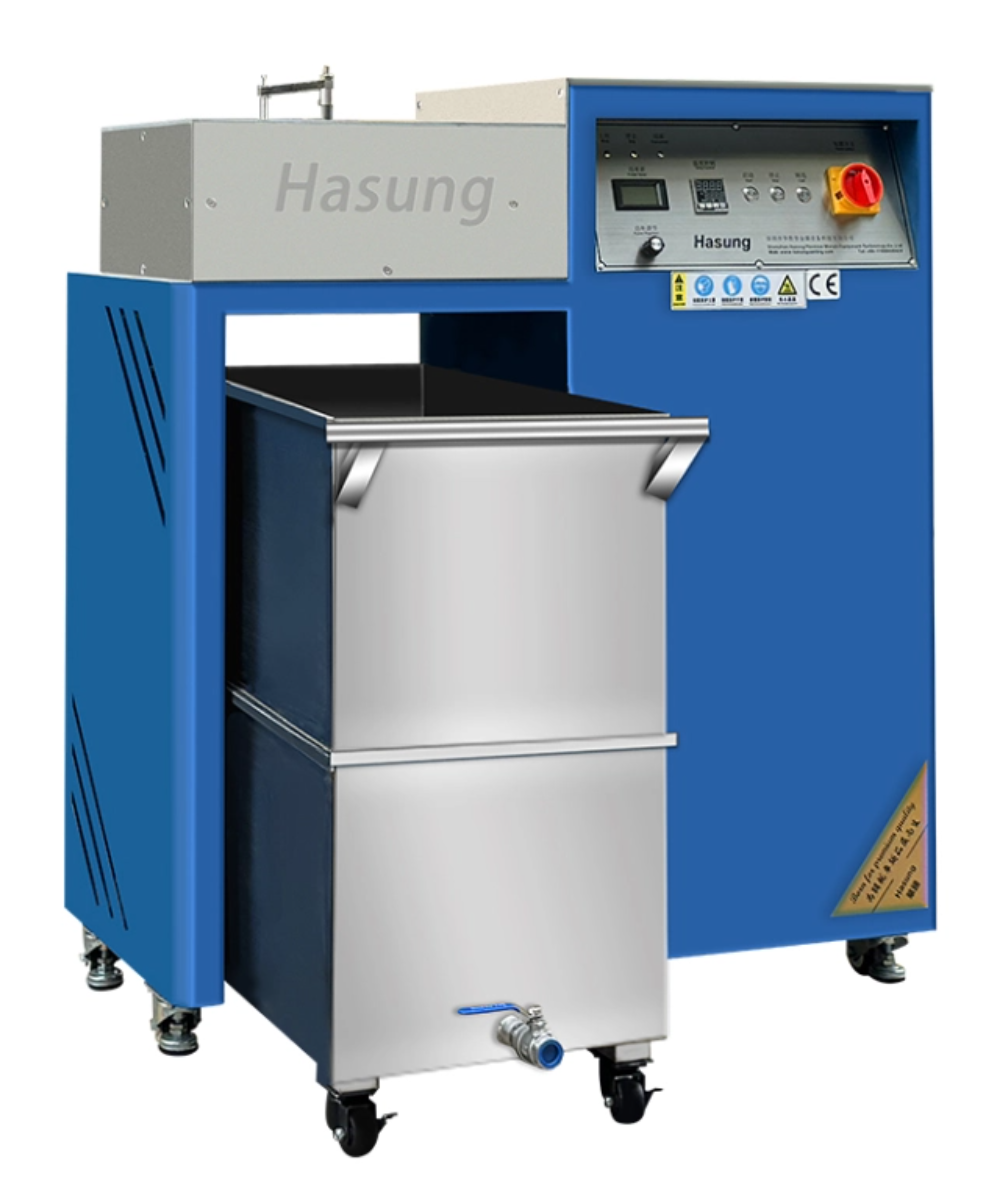Granulation is a critical process in various industries, including pharmaceuticals, food production, and chemical manufacturing. The efficiency and effectiveness of the process largely depends on the quality of the granulator used. Therefore, choosing the right granulation equipment manufacturer is crucial to ensuring optimal production results. This article explores the key factors to consider when choosing the right granulation equipment manufacturer to help companies make informed decisions.
Understand granulation equipment
Before delving into the selection criteria, it is important to understand what granulation equipment is. Granulators are designed to convert fine powders into granules, which are larger and more manageable. The process improves the flow, compressibility and overall quality of the final product. Granulation can be achieved by a variety of methods, including wet granulation, dry granulation, and melt granulation, each of which requires a specific type of equipment.
Key factors to consider
1. Experience and Reputation
One of the first factors to consider when choosing a granulation equipment manufacturer is their experience and reputation in the industry. Established manufacturers with a long history of producing high-quality granulators are generally more reliable. They may have a good track record of successful installations and satisfied customers. Researching customer reviews, testimonials, and case studies can provide valuable insights into a manufacturer’s reputation.
2. Product Range and Customization Options
Different industries and applications require different types of granulators. A suitable manufacturer should offer a diverse range of products including various types of granulators such as high shear granulators, fluidized bed granulators, and roller compaction granulators. Additionally, the ability to customize equipment to meet specific production needs is a significant advantage. A manufacturer that can customize machines to meet unique requirements may provide a better solution for your business.
3. Technology and Innovation
The granulation equipment industry continues to evolve, with new technologies and innovations emerging. When selecting a manufacturer, it is important to evaluate their commitment to research and development. Manufacturers that invest in the latest technology are more likely to offer advanced granulators that increase efficiency, reduce production costs, and improve product quality. Look for features such as automation, energy efficiency, and integration with other production processes.
4. Quality Assurance and Compliance
Quality assurance is critical in the manufacture of granulation equipment, especially in regulated industries such as pharmaceuticals. Ensure manufacturers comply with international quality standards, such as ISO certification. Additionally, check that their equipment complies with industry-specific regulations, such as cGMP (Current Good Manufacturing Practice) for pharmaceutical applications. Manufacturers that prioritize quality assurance will provide machines that are reliable, durable, and safe to operate.
5. Technical Support and Service
Granulators are complex pieces of equipment that require regular maintenance and support. When choosing a manufacturer, consider the level of technical support and after-sales service they provide. A reputable manufacturer should provide your employees with comprehensive training, as well as ongoing support for troubleshooting and maintenance. Also, ask about the availability of spare parts and the manufacturer’s response time for service requests.
6. Cost and Value for Money
While cost is an important factor, it should not be the only consideration when selecting a granulation equipment manufacturer. Assessing overall value for money is crucial. Lower-priced machines may save money upfront, but may result in higher operating costs, frequent breakdowns, or lower product quality in the long run. Instead, over time, more expensive machines that offer advanced features, greater efficiency, and lower maintenance costs may be the more economical option. Conduct a thorough cost-benefit analysis to determine the best option for your business.
7. Customer References and Case Studies
It is recommended to request customer references and case studies from the manufacturer before making a final decision. Talking to existing customers can provide valuable insights into a manufacturer’s reliability, product performance, and customer service. Case studies can demonstrate how a manufacturer’s equipment successfully addresses specific challenges in similar industries or applications. This information can help you evaluate the manufacturer’s ability to meet your needs.
8. Delivery Time and Delivery
Lead times for manufacturing and delivering granulation equipment can vary significantly from one manufacturer to another. If your business has a specific production schedule, it is crucial to discuss delivery times in advance. Manufacturers who can deliver equipment in a timely and efficient manner can help you avoid delays in your production schedule. Additionally, ask about the manufacturer’s logistics capabilities to ensure a smooth delivery and installation process.
9. Sustainable Development Practices
In today’s environmentally conscious market, sustainability is becoming an increasingly important factor in equipment selection. Consider manufacturers who prioritize sustainable practices in their production processes. This includes using environmentally friendly materials, minimizing waste and implementing energy-saving technologies. Choosing a manufacturer that aligns with your sustainability goals can enhance your brand’s reputation and contribute to a more sustainable future.
10. Long-term cooperation potential
Finally, consider the potential for long-term partnerships with granulation equipment manufacturers. A manufacturer willing to work with and support your business long-term can be a valuable asset. Look for a manufacturer that is open to feedback, willing to adapt to your changing needs, and committed to continuous improvement. Strong partnerships lead to better equipment performance, innovation and the overall success of the granulation process.
in conclusion
Choosing the right granulation equipment manufacturer is a critical decision that can significantly impact your production efficiency and product quality. By considering factors such as experience, product range, technology, quality assurance, technical support, cost, customer references, lead times, sustainability practices and long-term partnership potential, you can make an informed choice that aligns with your business goals. Investing time and effort in selecting the right manufacturer will ultimately pay off in the form of improved operational performance and increased industry competitiveness.
Post time: Nov-20-2024












